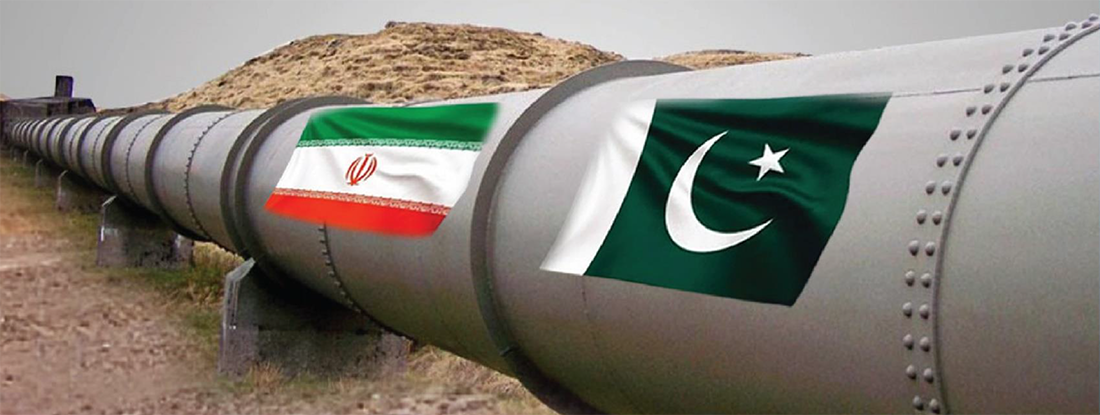Pakistan has enlisted the services of three prominent law firms to defend its position in the Court of Arbitration in Paris, following Iran’s legal action over Pakistan’s failure to complete its section of the Iran-Pakistan (IP) gas pipeline. The pipeline was intended to deliver 750 million cubic feet of gas per day to Pakistan.
According to a report by The News, the Law Division and the Attorney General’s Office confirmed that the federal government has retained White & Case, Three Crowns, and Willkie Farr & Gallagher, along with a renowned Australian counsel specializing in oil and gas infrastructure, to represent Pakistan in the arbitration proceedings.
“We submitted details of our legal team to the France-based Court of Arbitration on October 18, 2024,” the sources stated.
The legal team has been briefed on the IP gas pipeline project and the reasons behind Pakistan’s inability to complete the transnational project. Pakistan will appoint one arbitrator with input from the legal team, while Iran will appoint another. Together, the two countries will select a third arbitrator to complete the arbitration panel.
The arbitration process is expected to conclude within a year. Iran had previously issued a final notice to Pakistan in August 2024, indicating its intention to take the matter to the Paris Arbitration Court due to Pakistan’s failure to construct the pipeline within the extended 180-day deadline.
The project has faced a decade-long delay since 2014, primarily due to proposed U.S. sanctions. The Gas Sales Purchase Agreement (GSPA), signed in 2009 under French law, stipulates that the Arbitration Court is the appropriate forum for resolving disputes between the two nations. Notably, the French Arbitration Court does not recognize U.S. sanctions.
In September 2019, the Inter-State Gas Systems (ISGS) of Pakistan and the National Iranian Gas Company (NIGC) revised their contract, agreeing that Iran would not pursue international legal action if there were delays. However, Pakistan was obligated to complete its portion of the pipeline by early 2024, a deadline it failed to meet despite Iran’s extension.
Under French law, Iran had until September 2024 to initiate arbitration proceedings, or it would forfeit its right to legal recourse. Iran had previously issued a second legal notice to Pakistan in late 2022, warning of potential penalties in the billions of dollars if the pipeline was not completed by the revised deadline.
Senior Pakistani officials have cited U.S. sanctions as the primary obstacle to progressing with the project. Despite efforts to secure a waiver from the U.S., the Biden Administration has opposed the project, with Assistant Secretary of State Donald Lu warning of “serious consequences” if Pakistan proceeded with the IP gas line.
According to the original agreement, Pakistan was liable to pay $1 million per day to Iran from January 1, 2015, under the penalty clause. The project was initially scheduled for completion by December 2014, with operations commencing in January 2015.
Pakistan had planned to demonstrate its commitment to the project by constructing an 81-kilometer pipeline from Gwadar to the Iranian border, but this strategy was not realized, officials noted.










